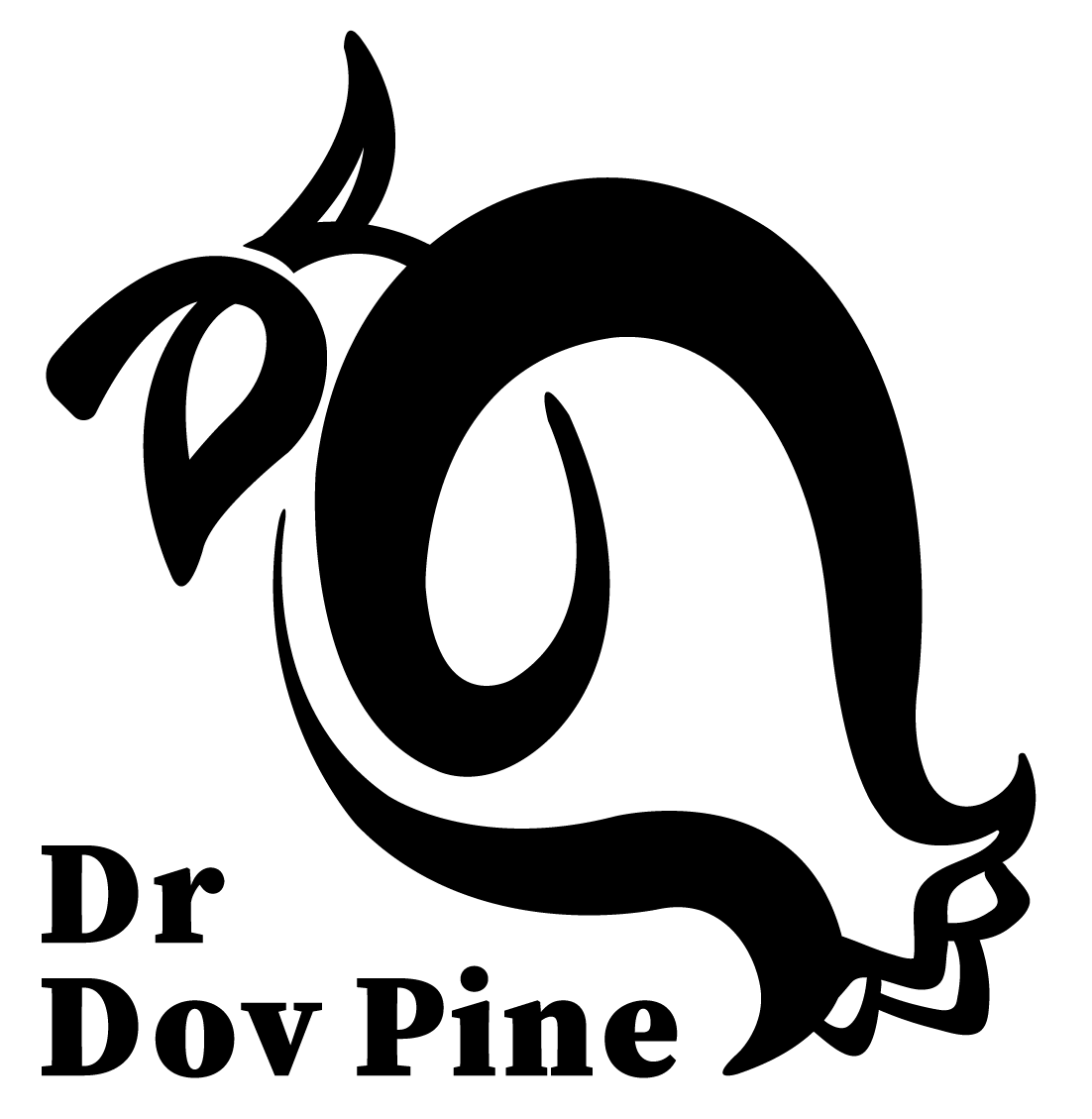Reishi mushrooms are the first feature of my adaptogen series. More to come on mushrooms and more to come on adaptogens. Enjoy!
Two weeks ago Alondra and I were enjoying a holiday up in the Daintree Rainforest in far north Queensland. We saw tons of reishi mushrooms growing along fallen trees along the trail sides all over the forest floor- they were beautiful.
We have enjoyed using Reishi mushrooms in evening teas for a number of years now and its about time I put together an article covering their significant health, adaptogenic, and anti-cancer implications. Knowing I will write more on Reishi mushrooms in the future, I would like to focus on their adaptogenic properties related to stress and anti-aging.
The Reishi mushroom (Ganoderma lucidum) is the most widely researched medicinal mushroom and rightfully so, considering the breadth of its health applications.
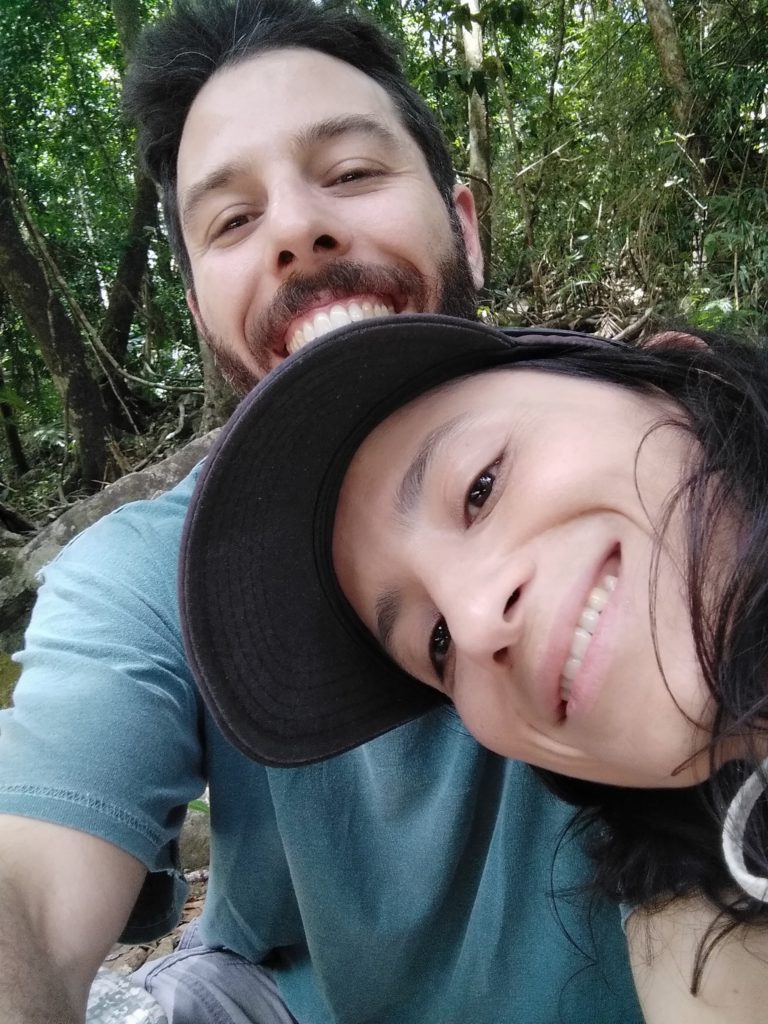
Known in Chinese as Lingzhi which means Herb of Spiritual Potency, the reishi mushroom is revered in Asian culture for its myriad of medicinal qualities.
Even the Chinese goddess Kuan Yin is sometimes represented holding this special mushroom. The reishi as a symbol often depicts success, divine power, health and longevity.
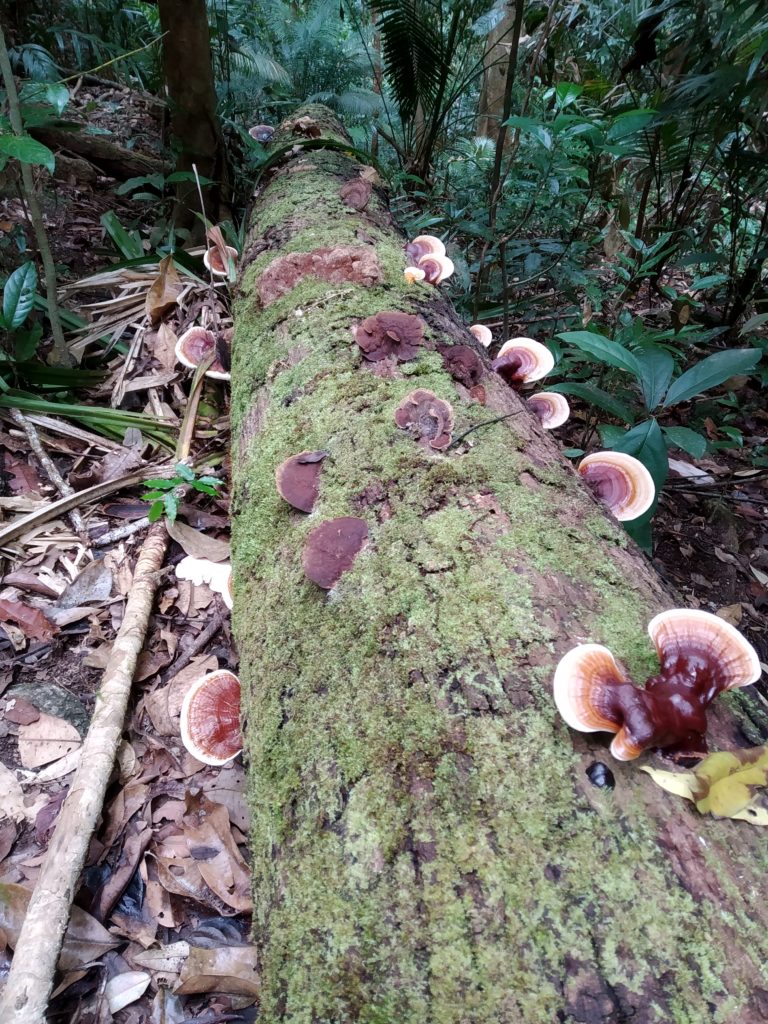
Researched performed by Wachel-Galor et al. shows that reishi mushrooms have been formally documented in Chinese medicine as early as 502-536 AD in the Supplement to Classic of Materia Medica. Centuries later in the year 1590 AD during the Ming Dynasty, the first Chinese definitive pharmacopeia, Ben Cao Gang Mu by Li Shin-Zhen, attributes the therapeutic properties of tonification, building Qi and vital energy, strengthening heart function, memory and anti-aging to the reishi mushroom.
I recall reading once that reishi mushrooms grow on all continents on deciduous trees and are often found fruiting in abundance.
The medicinal properties of reishis are due to their unique polysaccharide, peptidoglycan and triterpine content including ganoderic and lucidenic acids. There are more than 120 bioactives and 50 different types of polysaccharides and peptidoglycan complexes found in reishi mushrooms.1
Interestingly, reishi mushrooms have pharmaceutical value, but little value as a food. The fruiting body, spores and mycelia are all commonly utilized in its preparations for teas, powders and extracts. As a side note, mushrooms contain all essential amino acids and have a particular abundance of lycine and leucine. So the next time the topic of plant based protein sources comes up…
Understanding Adaptogens
More than a buzz word, Adaptogens are agents that increase an organism’s non specific resistance to stress through its ability to adapt. This applies to the different stages of stress as defined by Hans Selye: alarm, resistance and exhaustion. Adaptogenic substances are often wide acting and as Panossian (2017) explains, their effects range from protection against chronic inflammation, atherosclerosis, neurodgenerative cognitive impairment, metabolic disorders, cancer, stress induced fatigue and other aging related diseases.2 Commonly known adaptogens other than reishi include ginseng, withania, schisandra, tulsi, eleutherococcus, rhodiola, cordyceps, and codonopsis.
Reishi mushrooms are among the true adaptogens that support adrenal function and act upon the HPA or hypothalamic-pituitary-axis.3 Adaptogens contain significant antioxidants, protect cell membrane and DNA integrity, energy production, brain function and hormone support. Basically, they reduce internal metabolic stress which in turn promotes greater cognitive function, cellular and DNA longevity, anti-aging, fertility and libido, immune function, energy and overall greater health. For this reason we can apply concepts like vitality, anti-aging and cognition in the same basket.
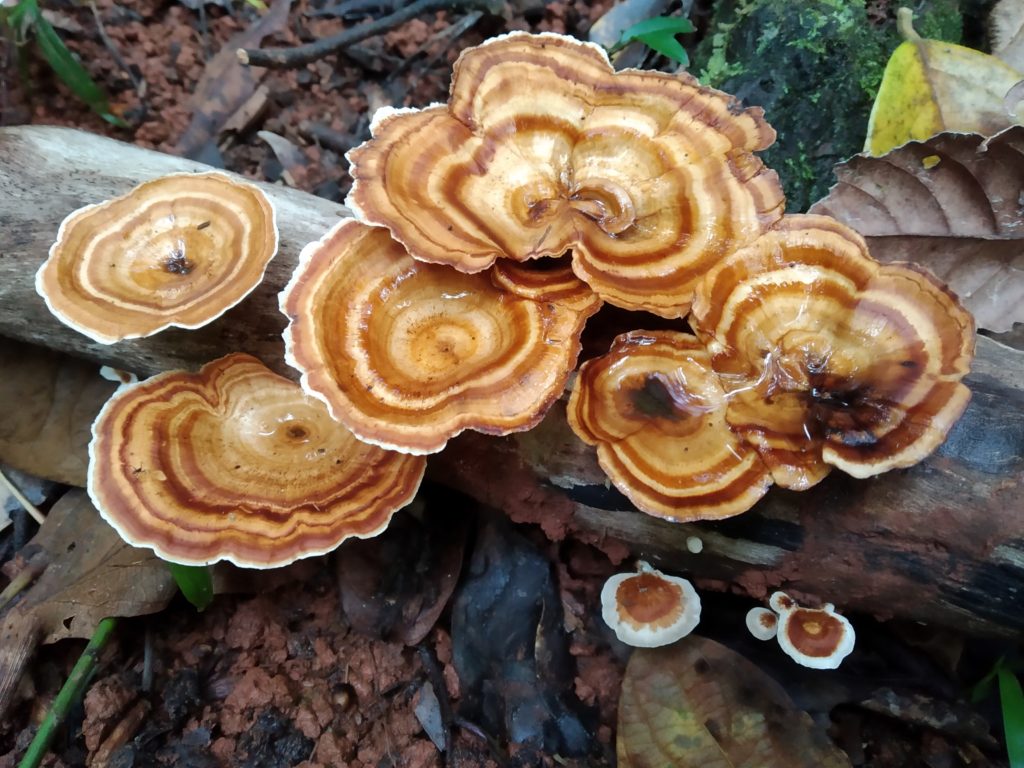
Antioxidant and Anti-aging Activity
The bioactives in reishi have demonstrated DNA protective effects as well as free radical scavenging and chelating abilities. In fact, the reishi polysaccharides and peptidoglycans mimic our endogenous antioxidant superoxide dismutase (SOD) and are able to protect cellular DNA from a variety of harmful agents including UV exposure, hydrogen peroxide and even chemotherapy.4-7 Any factor that protects DNA from oxidation preserves cellular life, reduces telomere overuse, reduces cellular mutagenic potential and senescence. This is a technical way of saying the factors that characterize cellular youth remain intact longer. That is the basic principle of anti-aging. When the cells stay younger due to reduced damage so does the body and brain.
Anti-Depression and Anti-Anxiety Effects
Happiness and vitality are inextricably connected. Reduced happiness or depression is often observed in fact to outwardly accelerate the aging process. Reishi mushrooms are traditionally used for conditions including depression and anxiety, but few modern studies have been performed to substantiate the evidence other than a 20138 and 20169 study. The anti-depression and anti-anxiety effects attributed to reishi mushrooms may be due to the adrenal supporting properties and Qi building (vitality-life force) as discussed in Traditional Chinese Medicine.
Anti-Cancer and Anti-Metastasis
The beta glucans present in reishi mushrooms stimulate the human immune system to better recognize and tag cancer cells, while at the same time recruit B, T and Natural Killer cells to attack the cancer and reduce metastasis. These interactions have been observed with both in vivo and in vitro studies.22
The reishi mushroom anti-cancer effects have been observed specifically in breast cancer,10,11 ovarian cancer,17 lung12 and liver cancers,13,14 bladder cancer,15 colorectal cancer,18,19 leukemias, lymphomas and multiple myeloma.16,20,21 Beyond their anti-cancer properties, reishis have unique protective effects on patients undergoing chemo and radiotherapies.22 They enhance immune function, and protect against white and red blood cell depletion that occurs as “collateral damage” during chemotherapy. Of course, years of research is required to further explore these findings and develop appropriate clinical tools.
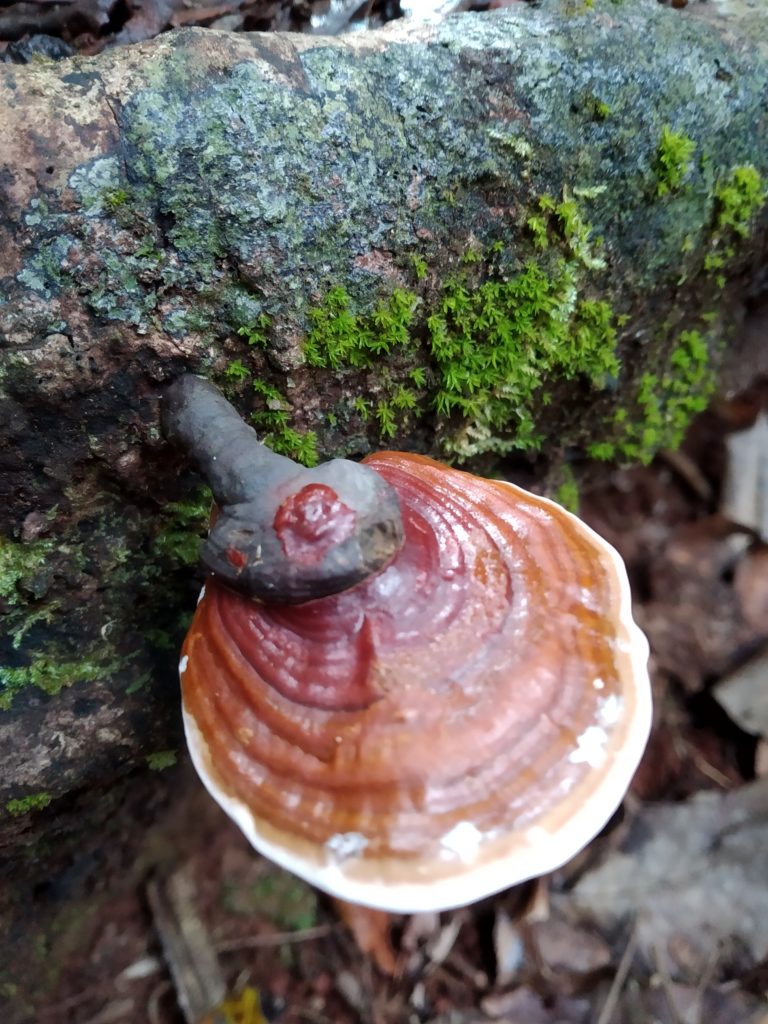
Liver Protective
In addition to supporting the adrenal system, the adaptogenic properties of reishi mushrooms have protective effects on the liver. The liver is our internal apothecary, pharmacy and dispensary. It produces and breaks down an enormous amount of hormones and peptides responsible for countless functions in the body. When the liver goes down, all functions begin to fail.
In a number of studies on rats with induced liver damage, reishi extracts showed statistically significant reduction in “damage indicator enzyme levels” including AST, ALT, and alkaline phosphatase (ALP). The studies involved various forms of chemically induced damage,23-25 as well as hepatitis B.26 Another study demonstrated improved liver morphology and histological (tissue) composition in liver cirrhosis due to biliary obstruction.27
Putting It All Together
DNA protection, stress reduction, anti-aging, liver protection, anti-depression, immune strengthening and anti-cancer effects are among the health properties exhibited by reishi mushrooms- the Chinese Herb of Spiritual Potency for longevity. Not a bad list for why you should drink reishi tea at home.
Using Reishi At Home
At home we generally prepare Reishi tea by itself, not in mixtures with other things. Reishi is easy to include in your morning coffee if you are coffee person. I like to use a 30-40% plus polysaccharide level extract, 1/2 teaspoon per mug for making a tea.
If using a whole reishi mushroom fruiting body, you can break off a piece, boil it for up to 20 minutes and then drink the tea. Continue to use the same piece of mushroom until it stops giving color when re-boiled. Enjoy!
Disclaimer. The information represented in this article is meant to provide concepts from evidence based research. It is not intended to treat or diagnose any health condition. For appropriate treatment methods please contact your healthcare provider.
